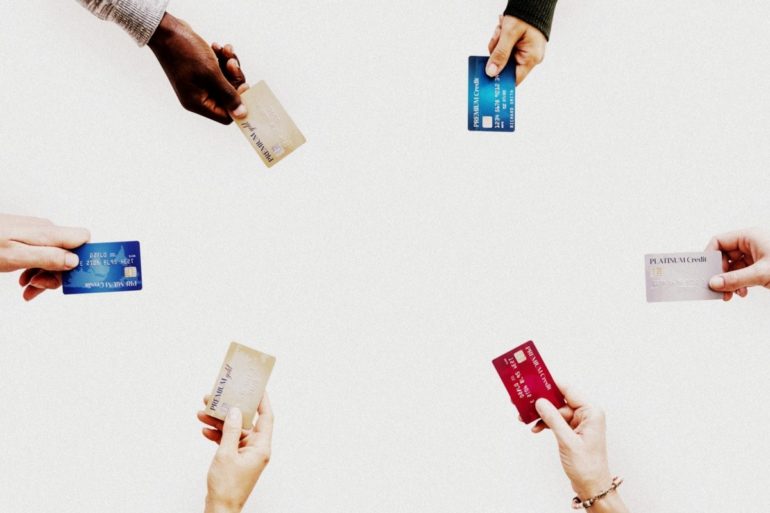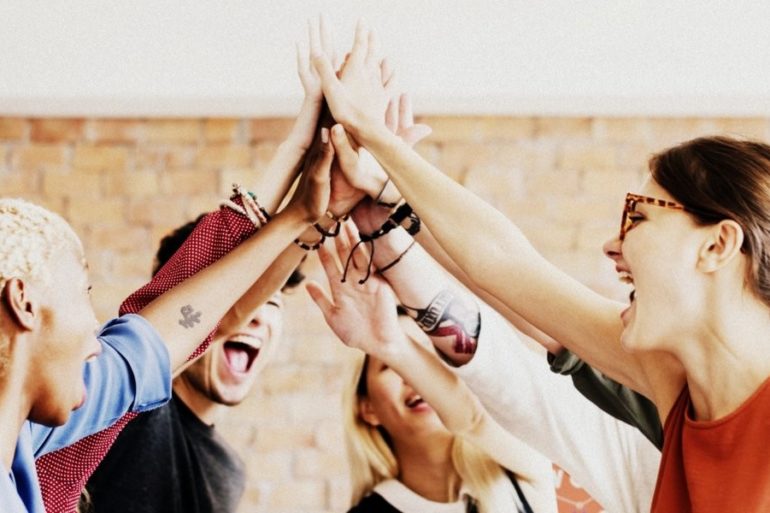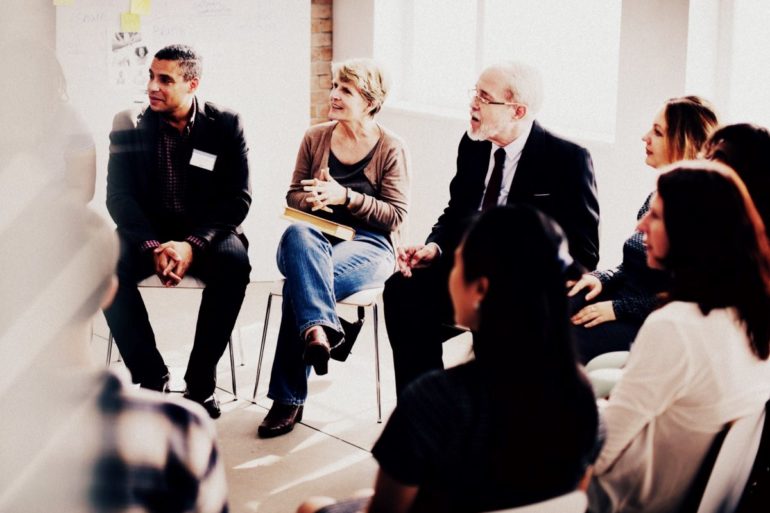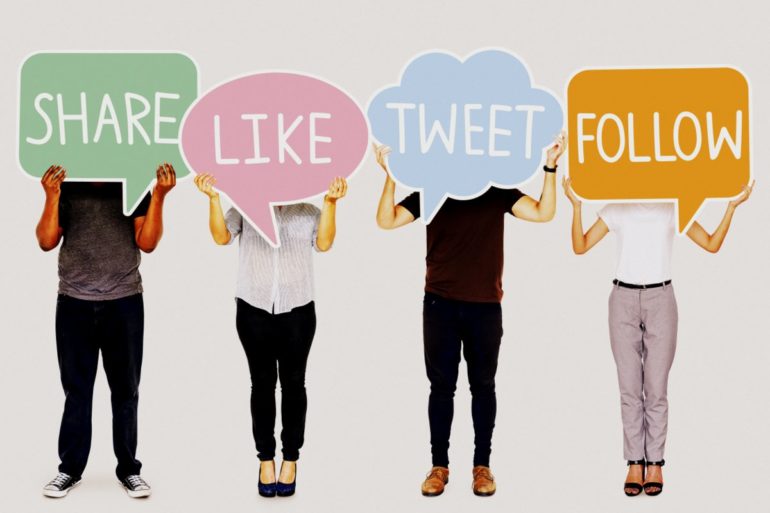You win some, you lose some. Such are life's ups and downs.
While some psychologists still argue that people perform better when they do something because they want to, research suggests we shouldn't even make that distinction.
A study has found that you are more likely to perform well if you do not think too hard, and instead trust your instincts.
Little research exists in the area of self-talk, although internal dialogue often influences the way people motivate and shape their own behavior.
It's often said that women can have it all - motherhood and a career. But a study suggests that women who rule the household have less energy for or interest in being a rising star in the workplace.
People who watch funny videos on the internet at work aren't necessarily wasting time.
People who consider themselves visual learners, as opposed to verbal learners, have a tendency to convert linguistically presented information into a visual mental representation.
When purchasing items online, reading customer reviews is a convenient way to get a real-world account of other people's opinions of the product.
Can money make us happy if we spend it on the right purchases?
Backpackers scored 50 percent better on a creativity test after spending four days in nature disconnected from electronic devices, according to a study by psychologists from the University of Utah and University of Kansas.
Happy individuals are predisposed to seek out and undertake new goals in life and this reinforces positive emotions, say researchers who examined the connections between desirable characteristics, life successes and well-being of over 275,000 people.
When people feel they’ve hit a roadblock in reaching a personal goal, such as losing weight, a change in perspective...
A team of researchers led by a Michigan State University neuroscientist has created a quick but reliable test that can measure...
It's not just in movies where nerds get their revenge.
When faced with a difficult decision, we try to come up with the best choice by carefully considering all of the options, maybe even resorting to lists and lots of sleepless nights.
Canada’s literary celebrities struggle to find a happy medium between glad-handing with their public and craving the solitude that the writing life affords them.
Most self-help books on the subject offer tips on how to maximize one’s bliss, but one study suggests that moderate happiness may be preferable to full-fledged elation.
Students, athletes and performing artists are often advised to imagine themselves performing successfully. But is that motivation influenced by what perspective they take when imagining their performance?
Why do "Aha!" moments sometimes come easily - and sometimes not at all?
Styles change and fashions evolve. But why do some things become more popular than others?
A study finds that men are more likely to share their creative work online than women, despite the fact that women and men engage in creative activities at essentially equal rates.
Writers who use long words needlessly and choose complicated font styles are seen as less intelligent than those who stick with basic vocabulary and plain text, according to research from Princeton University in New Jersey.
Psychological scientists have found that the size of different parts of people's brains correspond to their personalities; for example, conscientious people tend to have a bigger lateral prefrontal cortex, a region of the brain involved in planning and controlling behavior.
Thinking of going it alone? Becoming a freelancer is an attractive option for many professionals, but can you make it work for you?
Most of us experience ‘gut feelings’ we can’t explain, such as instantly loving -- or hating -- a new property when we’re house-hunting or the snap judgments we make on meeting new people.
Contrary to popular belief, the people who become truly famous, stay famous for decades.
Research has highlighted the fact that we have many blind spots when it comes to understanding our patterns of thinking, feeling and behaving.
In the not-too-distant past, young people aspired to become lawyers and doctors. Now they yearn to achieve the celebrity of a Mark Zuckerberg or Oprah Winfrey -- and these goals extend to adults as well.
But after studying common roadblocks to problem-solving, a cognitive psychology researcher has developed a toolkit for enhancing anyone's skills.
Whether bloggers are writing to change the world, or just discussing a bad break-up, they may get an extra boost of motivation from traffic-measuring and interactive tools that help them feel more connected to and more influential in their communities.



























